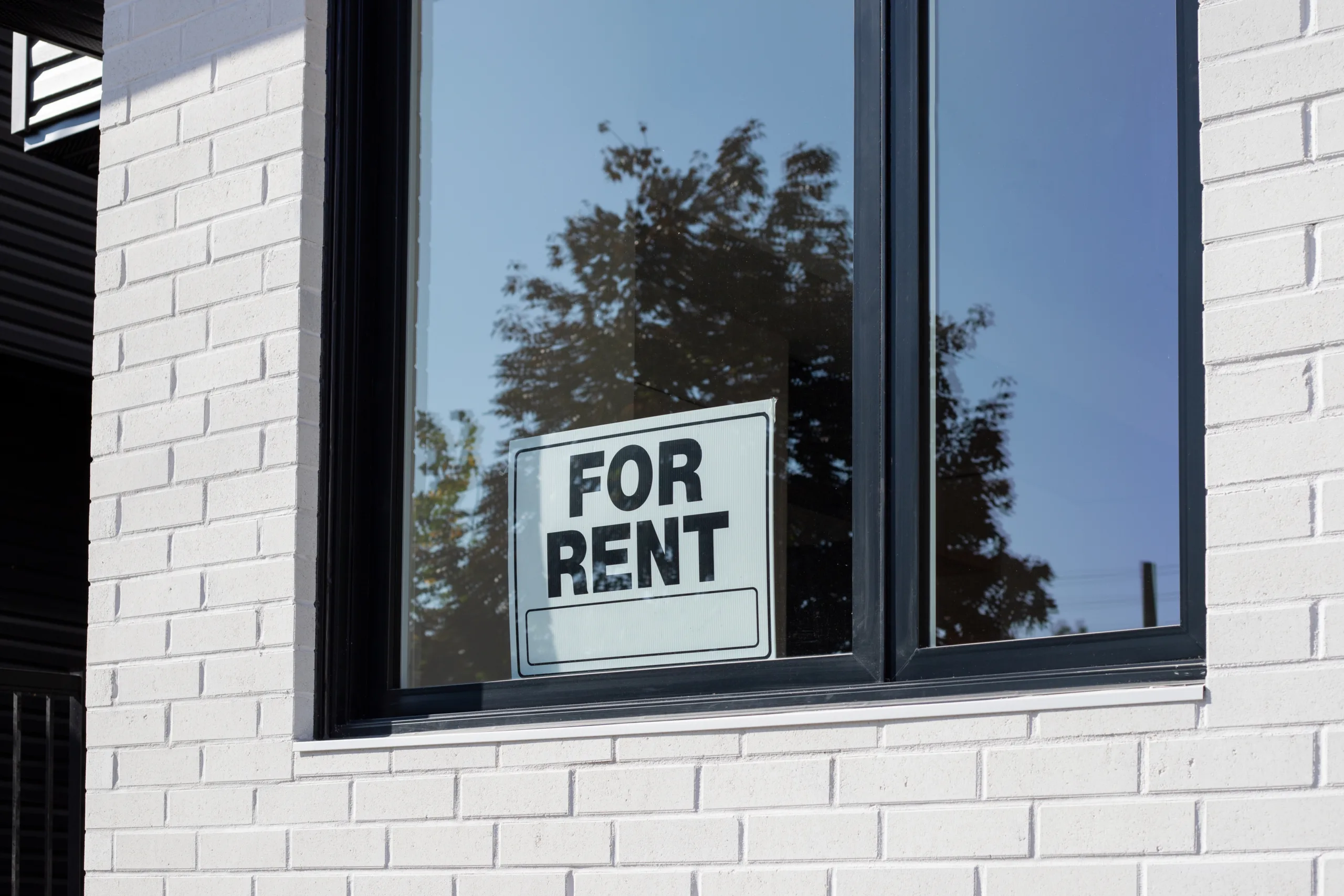- Senators Tim Scott and Elizabeth Warren introduced the ROAD to Housing Act of 2025, a bipartisan proposal to address the US housing affordability crisis through zoning reform, expanded housing production, and federal oversight.
- The bill includes 60 provisions targeting development barriers, increasing opportunity zone production, and promoting modular and manufactured housing.
- It follows recent federal moves to make opportunity zones permanent and expand affordable housing tax credits, even as low-income housing programs face budget cuts.
A Bipartisan First Step
Republican Sen. Tim Scott and Democratic Sen. Elizabeth Warren introduced what they are calling a “comprehensive” and “historic” housing bill on Thursday, reports Bisnow. The ROAD to Housing Act of 2025 aims to increase the nation’s housing supply and ease affordability issues. It does so by reshaping regulatory frameworks and offering incentives for development.
Targeting The Local Bottlenecks
At the heart of the bill are provisions to help local governments eliminate restrictive zoning and land-use policies. The legislation encourages measures like ending parking minimums, legalizing duplexes and triplexes by-right, and shrinking lot sizes. It also promotes increasing floor-area ratios—policies designed to make higher-density development easier.
Incentives To Build
The bill promotes new housing in opportunity zones and transit-oriented districts. It focuses on modular and manufactured homes as faster, lower-cost alternatives to traditional construction.
Get Smarter about what matters in CRE
Stay ahead of trends in commercial real estate with CRE Daily – the free newsletter delivering everything you need to start your day in just 5-minutes
Federal Oversight And Homebuyer Support
Beyond zoning reform, the bill outlines 60 separate provisions. These include reforms to housing counseling programs and stricter reporting requirements for federally funded housing agencies. It also introduces new savings tools to help families become homeowners.
Support Across The Aisle
Senators Scott and Warren, who lead the Senate Committee on Banking, Housing and Urban Affairs, have scheduled a session on the bill for Tuesday. “This is a collaborative effort,” said Scott. Warren echoed the urgency: “This historic bipartisan bill is a critical first step to bring down families’ number one monthly expense—housing costs.”
Policy Backdrop
The bill follows the recent signing of the One Big Beautiful Bill by President Donald Trump. That legislation made opportunity zones permanent and expanded the Low-Income Housing Tax Credit program. However, proposed federal budget cuts to programs like Section 8 are creating challenges. A March report from the National Low Income Housing Coalition identified a nationwide shortfall of 7.1M affordable homes for extremely low-income renters.
What’s Next
The ROAD to Housing Act could mark a turning point in federal housing policy if it moves forward in the Senate. With bipartisan momentum and a deepening affordability crisis, federal lawmakers may face growing pressure to act.


















